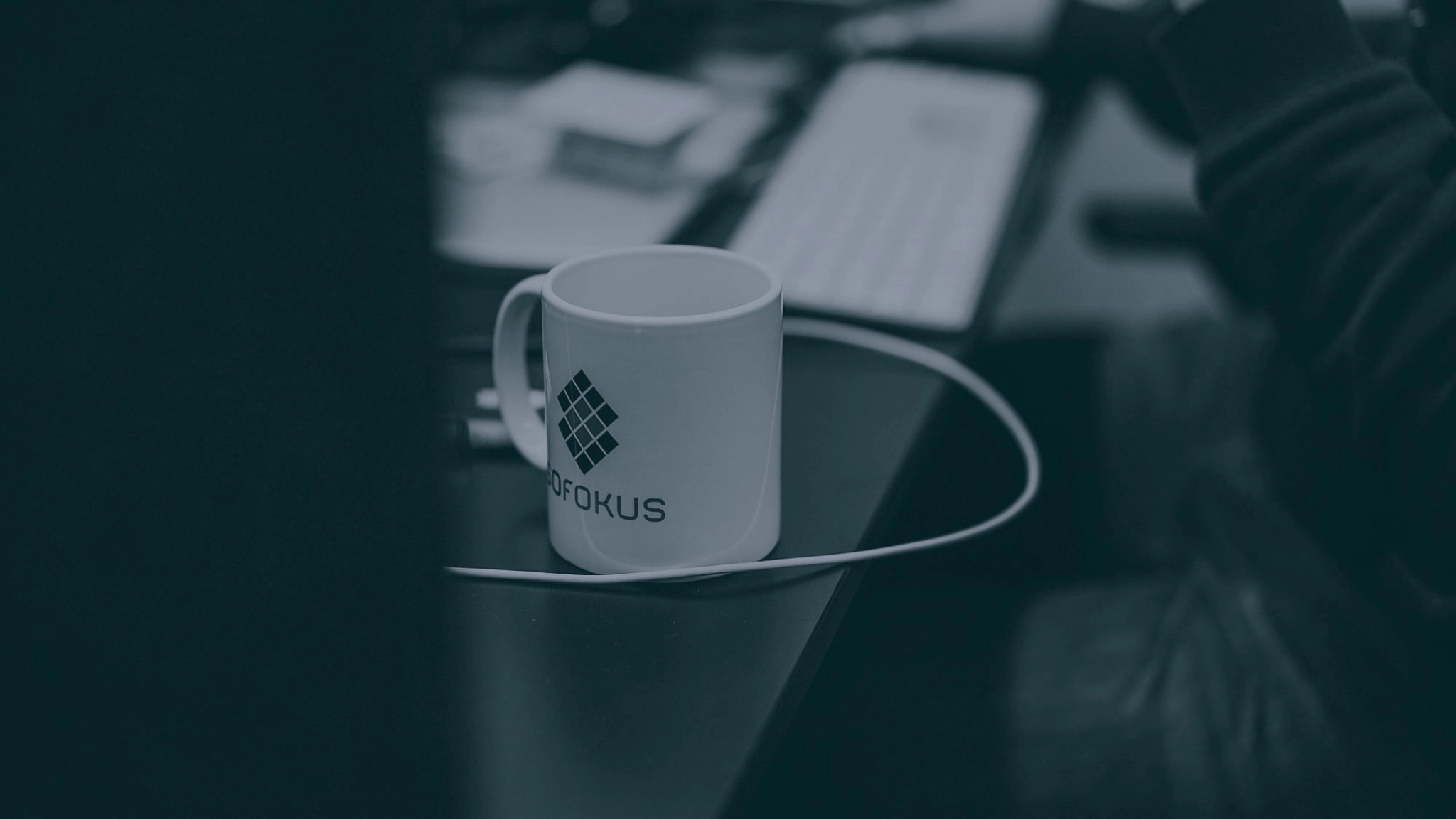
What’s new in the technology front this year?
25 Jan 2019
This blog entry includes some topical themes in the field of digital business-related technology that you should be aware of this year.
PWA – PROGRESSIVE WEB APPLICATION
In recent years, the mega trends of web development have been mobile friendly responsive web pages and hybrid mobile applications. These have now been joined by PWA technology.
PWA techniques can be used to create a web page that provides native-like features for mobile phones, including push notifications, offline support, launch button in the phone’s home view and use of location data. The PWA application doesn’t need to be separately published in app stores or separately installed on devices.
As an example, the latest version of the popular Magento webstore platform included an entity called PWA Studio, meant for creating the layout and user interface of an online shop. This is an interesting opportunity for online retailers in the near future.
HEADLESS eCOMMERCE & HEADLESS CMS
The business models of the platform economy are changing traditional online services. It’s often wise to begin constructing the technology of a new service by using an API-first approach in order to gain maximum benefit.
More and more online shop systems
and CMS’s are published as cloud services that use the headless model from the
get-go, and open source code CMS and e-commerce platforms are getting API-extensions
that support headless architecture.
In this model the online shop platform or CMS is no longer responsible for the
presentation layer. Integrators, digital agencies and other partners can build
the front-end any way they want.
PWA technology also supports this type of development, where the UI application is entirely separate from the back-end system and the UI uses the services it needs through the APIs of the back-end systems. Now trending in API development is offering REST technology alongside the API or replacing it altogether with a GraphQL API.
DEVELOPMENT OF SERVERLESS ARCHITECTURE SERVICES
Microservices and serverless architecture have been the talk of town for a couple of years. Supply will continue to increase and diversify, and the new digital services will utilize, almost by default, various serverless technologies at least at some stage of execution. Deploying the services won’t require any in-depth knowledge.
Many services are highly productized, and their deployment and integration are easy. Language support is developing in FaaS (Function as a Service), enabling easier execution of existing code without extensive changes.
The Cloud Functions service of Google Cloud Platform enables the execution of Node.js and also Python in beta. AWS’s Lambda is even getting support for PHP. In addition to executing functions, serverless services include file storage, data bases, API gateways, pub/sub sequences and data streaming.
FLUTTER OR REACT NATIVE?
React is a Java script library developed by Facebook meant for building UIs. Reach Native is a more extensive application frame for developing native mobile apps for Android and iOS devices. In recent years, React Native has become very popular due to its ease of use and dynamic Open Source community.
We predict that this year the established position of Reach Native will be somewhat challenged by Google’s application frame Flutter, which also provides a wide selection of tools for developing native Android and iOS applications.
The stable release of Flutter 1.0 was finally published in December 2018, and developer communities have been buzzing when they’ve been comparing the differences between the two frames. Team Flutter is growing in numbers.
END OF OFFICIAL PHP5 SUPPORT
The official support for the widely used programming language PHP5 ended on January 31, 2018. In the hands of skillful suppliers, PHP-based online applications and websites have been updates to the more recent PHP7 versions, but the owners of websites operating in older environments may face challenges, since ensuring the compliance of a website with PHP7 is not necessarily done in an instant.
Online services operating on PHP5 that have not been updated still exist all around the world, so expect attacks that take advantage of the vulnerabilities. We recommend that all website admins ensure that due attention is paid to making the necessary PHP updates and possible security enhancements.
GDPR AND NATIONAL LEGISLATION
EU’s General Data Protection Regulation entered into force in spring 2018 and the new Finnish Data Protection Act finally entered into force on January 1, 2019. The Act complements EU’s General Data Protection Regulation. As 2019 advances, we’ll see how the Data Protection Ombudsman will use their powers during investigations into security violations in Finland.




